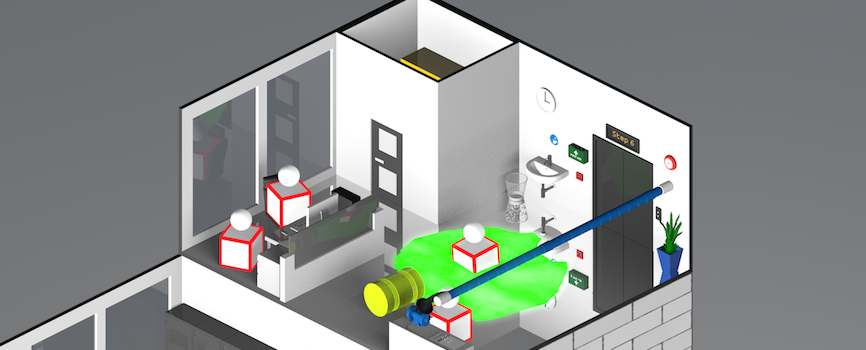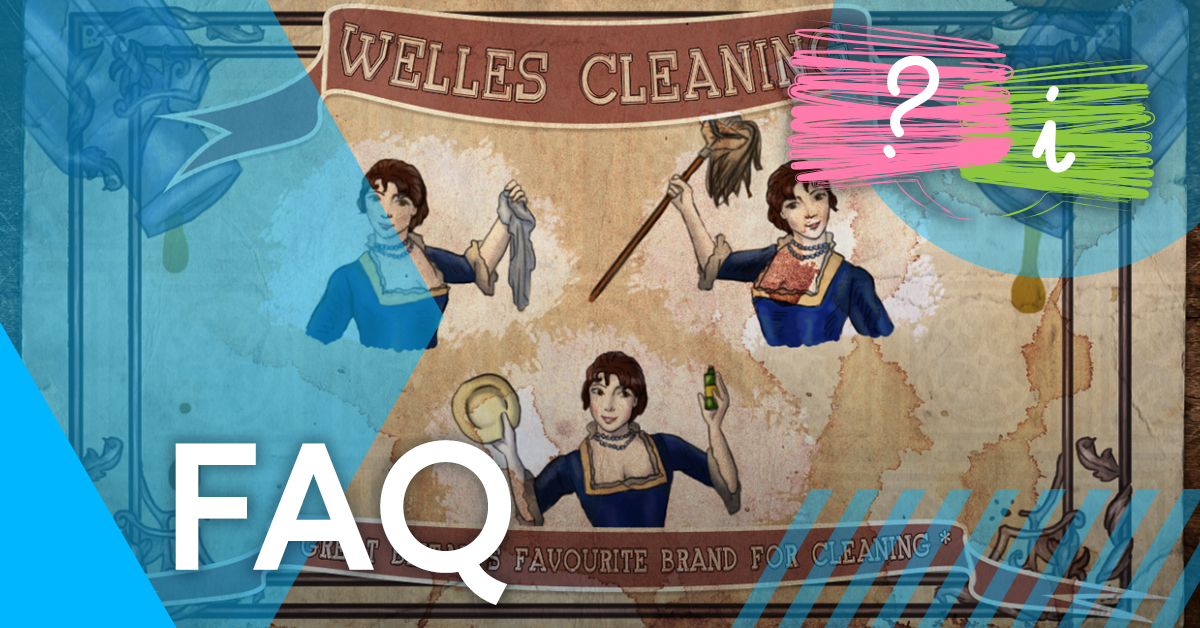The importance of supporting grieving employees
Posted 4 months ago

2 December marks the start of National Grief Awareness Week, a campaign that aims to raise awareness about grief, foster a better understanding of the grieving process, and break the stigma around the topic.
According to the Sue Ryder Charity, in one year, 24% of those in employment experience a bereavement, and a quarter of those, just under 2 million people, experience grief of an intensity which impairs their ability to work and puts them at risk of related physical and mental health conditions.
As an employer, you’re responsible for the health, safety, and wellbeing of your staff. So, it’s important that you understand what grief is and how it impacts your staff, allowing you to offer them better support.
What is grief?
Grief is the emotional response to the loss of someone or something deeply significant. It’s a universal human experience, touching everyone at some point in their lives.
What causes grief?
Grief can be caused by a range of things including the death of a loved one, the end of a meaningful relationship, losing a job, developing an illness, or even the death of a cherished pet.
How do people respond to grief?
Grieving triggers a mix of different responses. Common emotional reactions to loss include:
- Sadness
- Anger
- Guilt
- Anxiety
- Relief
These emotions can be intense and fluctuate rapidly, making it difficult to manage daily tasks and interactions.
Acknowledging grief is crucial for healing. It’s important to understand that grief is a normal response to loss, and those experiencing grief should allow themselves to experience and express these emotions.
Grief is a deeply personal journey that everyone experiences in different ways. There’s no “right” or “wrong” when it comes to grief and loss.
When should those experiencing grief seek professional help?
Grieving is a natural process, but sometimes professional help is needed to manage and understand grief effectively. Here are some key signs indicating it’s time to seek professional assistance:
- Persistent sadness and hopelessness
- Consistently having difficulty performing daily tasks
- Long-term social withdrawal
- Extreme focus on the loss
- Severe emotional distress
- Avoidance of reminders to an extreme extent
- Chronic fatigue
- Persistent sleep disturbances
- Frequent anxiety and panic attacks
- Persistent depression
- Suicidal thoughts. You must seek immediate help if you’re experiencing this
You can contact the Samaritans on 116 123 if you need somebody to talk to.
Professional help could come in the form of individual therapy, group therapy, grief counselling, or a range of other means.
What are the effects of dealing with grief?
Grief can manifest in the form of physical symptoms, such as:
- Fatigue and exhaustion, making it difficult to engage in everyday activities
- Changes in appetite, leading to weight loss or gain
- Sleep disturbances, such as insomnia or oversleeping
- Physical aches and pains
Grief affects cognitive functions and behaviours too:
- Difficulty concentrating and making decisions
- Changes in routine or withdrawal from social activities
- Seeking out reminders of what you’ve lost, or avoiding them altogether
Mental Health & Wellbeing Training courses for staff
With research by Deloitte suggesting that, on average, there’s a positive return on investment of around £4.70 for every £1 spent by employers on supporting the mental health and wellbeing of their workforce, it’s crucial that you equip your staff with the tools they need to look after their mental health at work.
If you’re looking for a way to help your staff protect their wellbeing and better manage mental health risks at work, we’ve got you covered. Our range of online Mental Health & Wellbeing Training courses covers important topics like:
- Mental Health Awareness
- Resilience
- Stress Awareness & Management
- Managing Anxiety
- Mindfulness
- Emotional Intelligence
Interested in learning more about these courses? You can claim a free, no-obligation trial to any of them today and check them out for yourself! Alternatively, speak to our experts to get a bespoke quote for your business’ unique training requirements.

Jack Rosier
Senior Marketing Executive
Related articles



Opt-in to our newsletter
Receive industry news & offers